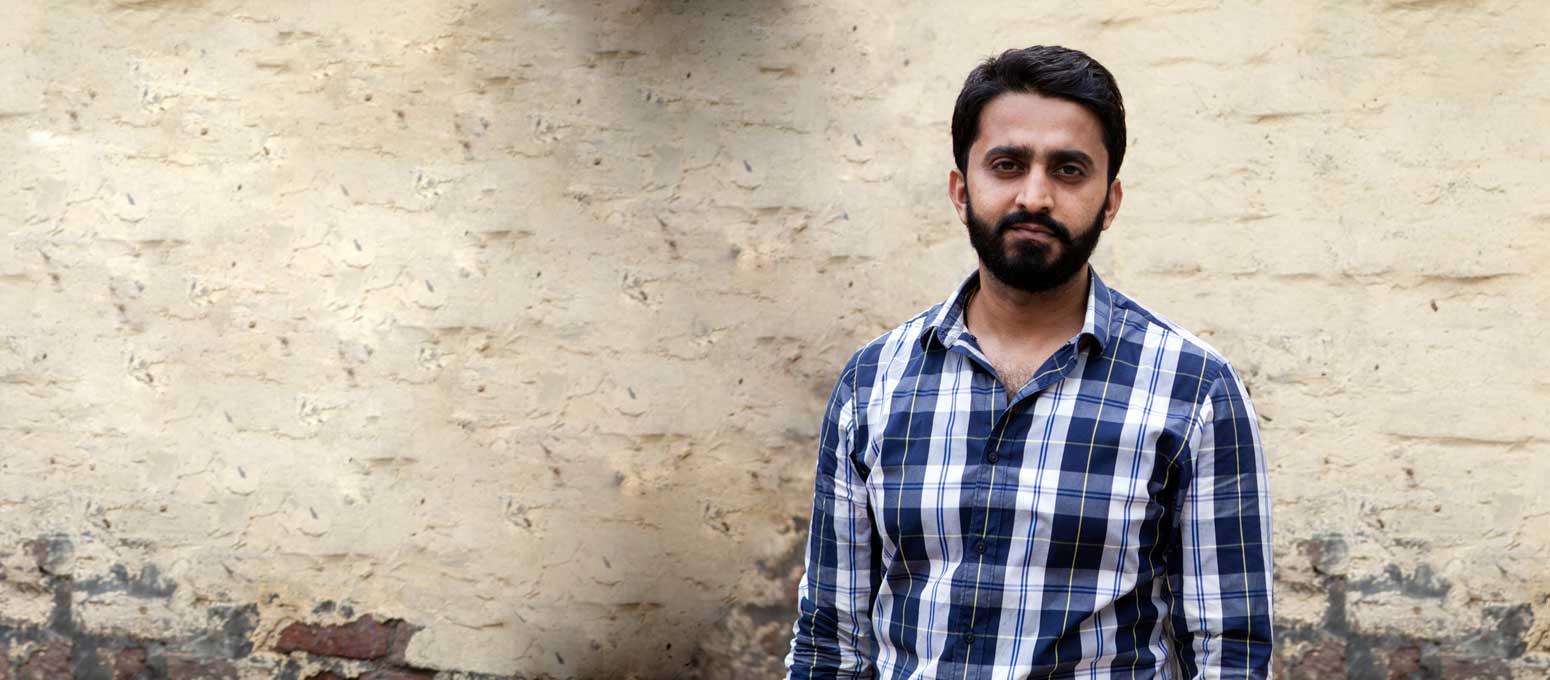I lost my father to TB. He underwent diagnostic tests and was given medicines based on vague diagnosis at a renowned private hospital. It was at a government hospital where he was finally diagnosed with TB. By then, it was too late and we lost him.
It came back to haunt me years later when I started coughing. I went to a physician who prescribed some medicines but my condition only worsened until an X-ray revealed that the lower lobe of my left lung had collapsed.
However, my training in medicine and public health had prepared me. With the right treatment and support of my family I was able to defeat it soon. I also understood TB and the economic ability to afford and complete the TB treatment. Yet, as a public health professional I know that thousands in India suffer from incorrect diagnosis and treatment.
The foremost challenge is diagnosing TB. The public sector uses Sputum Smear Microscopy as the primary mode of TB diagnosis which misses 50% of all TB cases. The private sector, on the other hand, uses various techniques to diagnose TB- some of them used to diagnose latent not active TB. Hence there is extensive misdiagnosis. Moreover, early testing for drug resistant TB (DR TB) remains negligible.
Treatment in the private sector where most Indians seek care is fraught with inappropriate TB treatment practices. The public sector offers standardized treatment, only. Often, it doesn’t test patients for drug resistance. This means, there may be a delay in diagnosing a patient with DR TB. The toxic treatment, side effects, mental health issues and completing treatment turns into a mammoth task.
TB is also a challenge due to poor awareness and the deep-rooted stigma. This stigma manifests both in the form of self- stigma and societal stigma, forces a TB patient to hide their disease and sometimes not seek care or complete treatment. I remember how relieved I was when my fiance was supportive of me when I told her of my TB infection. Widespread discrimination at workplaces and other public spaces forces a patient into isolation.
The costs of TB diagnosis, drugs and treatment can be high in the private sector. In public sector where TB care services are offered free of cost, hidden costs such as hospital stays, x-rays and travel are high. These challenges become economic barriers to accessing care and treatment.
What Do Patients Need?
Creating increased awareness and reducing stigma is necessary. Early, accurate and free diagnosis should be a priority. Also Drug Sensitivity Test (DST) guided treatment is essential.We must engage communities, inform families and reduce stigma to ensure that patients complete treatment free of challenges.
The most urgent need is a partnership between the public and private sector as well as other actors, including NGOs so that every TB patient can access free diagnosis and treatment anywhere irrespective of income levels.
It’s time we prioritized TB and took advantage of all advancements, to provide better diagnosis, treatments, support and education to patients. If we don’t, we risk affecting millions of lives slowing India’s hope for growth and development. Making India TB free is making it free of suffering and poverty.
